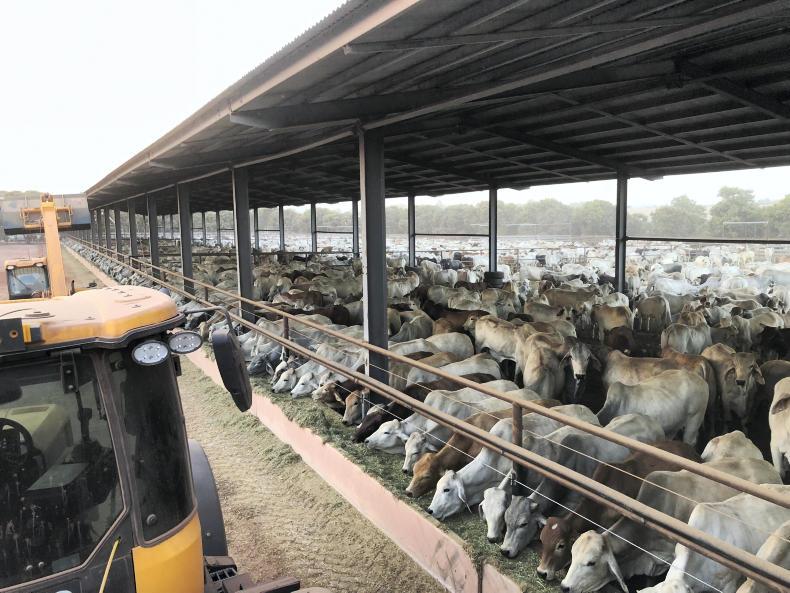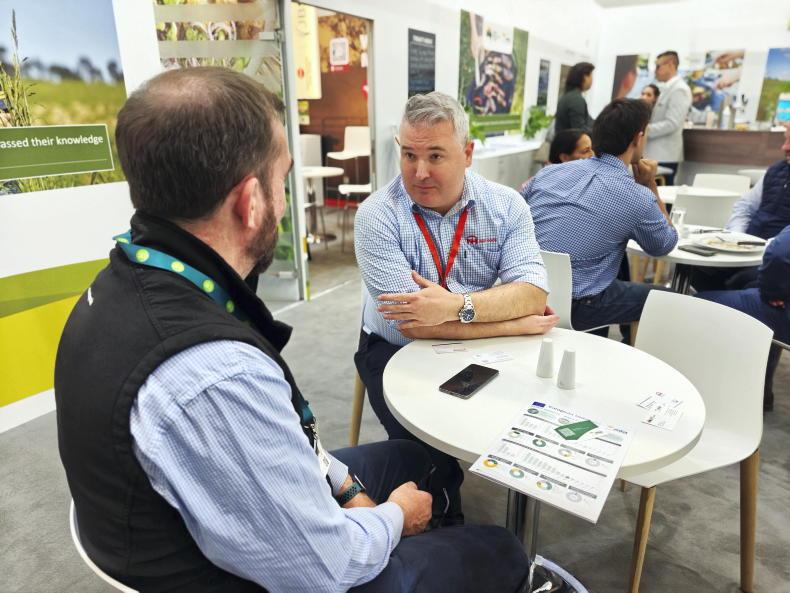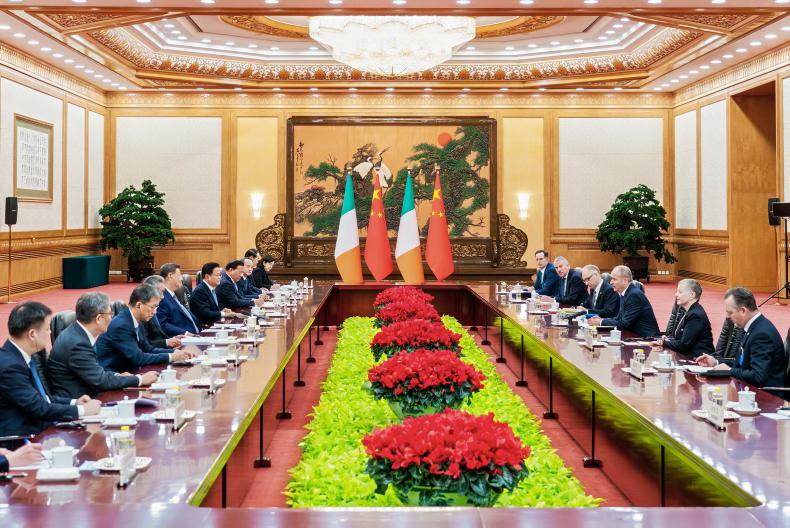With less than 150 days until the UK severs links with the EU, negotiators meet up again next Tuesday in Brussels to begin what is described as the definitive round of discussions.
These are likely to shape what type of deal can be done for trade between the EU and UK, if any, from 1 January 2021.
As it stands, all that is known is that both the EU and UK will impose border controls after 1 January and these will be in place whatever is agreed.
These, of course, have a cost, estimated by HMRC, the UK customs agency, as costing UK importers and exporters £7.5bn annually or between £15 and £56 per consignment.
Interestingly, the net cost of the UK contribution to the EU budget was approximately £10bn annually.
Negotiation crunch points
Fishing is a negligible part of both the EU and UK economies, but is one of the most emotive issue in negotiations.
It is a long-standing bone of contention that the UK has the largest area of territorial waters among EU countries, but this access was shared on an EU basis before Brexit to the detriment of UK fishermen.
However, the vast majority, 70%, of the fish caught in what might be considered UK waters are sold in EU markets, so there is little point catching more fish unless there is a place to sell them.
The other major issue is that the EU cannot countenance the UK operating to different standards and becoming a low-cost production or global assembly country on its doorstep, with free access to the EU27 markets.
Hit on agriculture inevitable
However negotiations progress, it is likely that there will be considerable divergence between the EU and UK from 1 January.
Border controls are now accepted as inevitable, with their cost and inconvenience.
Similarly, the UK is determined to get its own trade deals, with Japan, Australia and New Zealand the most likely candidates for quick deals.
New Zealand Deputy Prime Minister Winston Peters has been quite disparaging about UK negotiators, describing them as not match fit.
Of course, that is part of the negotiation to push the UK towards making a deal, with the New Zealand interest primarily in getting access to the UK for beef, as it already has access for a generous amount of sheepmeat.
It is a similar ambition for Australia, though it will have to include lamb, as well as beef, due to the fact that it has negligible lamb access at present.
Brexit and Ireland
With 150 days to go, it is clear that Irish exports to Britain will have to carry customs and health documentation and be subject to inspection.
This is a minimum and it is likely that Irish exports will be going head to head against Australian and New Zealand produce as well.
In the very worst-case scenario, if there is no deal agreed on a future trading relationship, tariffs will be applicable as well.
There was never going to be a good Brexit for Irish trade with Britain and it is now clear that there will be, at best, an administrative burden, likely to be followed at some point by a devalued British market with Australian and New Zealand supplies.
That would damage Irish produce values and the ultimate hit would be if tariffs were imposed as well on Irish, while Australia and New Zealand had negotiated favourable tariff terms of their own with the UK.
Read more
Cheese causing trade talks blues
UK farming can be globally competitive
Will the NI door stay open for cattle?
With less than 150 days until the UK severs links with the EU, negotiators meet up again next Tuesday in Brussels to begin what is described as the definitive round of discussions.
These are likely to shape what type of deal can be done for trade between the EU and UK, if any, from 1 January 2021.
As it stands, all that is known is that both the EU and UK will impose border controls after 1 January and these will be in place whatever is agreed.
These, of course, have a cost, estimated by HMRC, the UK customs agency, as costing UK importers and exporters £7.5bn annually or between £15 and £56 per consignment.
Interestingly, the net cost of the UK contribution to the EU budget was approximately £10bn annually.
Negotiation crunch points
Fishing is a negligible part of both the EU and UK economies, but is one of the most emotive issue in negotiations.
It is a long-standing bone of contention that the UK has the largest area of territorial waters among EU countries, but this access was shared on an EU basis before Brexit to the detriment of UK fishermen.
However, the vast majority, 70%, of the fish caught in what might be considered UK waters are sold in EU markets, so there is little point catching more fish unless there is a place to sell them.
The other major issue is that the EU cannot countenance the UK operating to different standards and becoming a low-cost production or global assembly country on its doorstep, with free access to the EU27 markets.
Hit on agriculture inevitable
However negotiations progress, it is likely that there will be considerable divergence between the EU and UK from 1 January.
Border controls are now accepted as inevitable, with their cost and inconvenience.
Similarly, the UK is determined to get its own trade deals, with Japan, Australia and New Zealand the most likely candidates for quick deals.
New Zealand Deputy Prime Minister Winston Peters has been quite disparaging about UK negotiators, describing them as not match fit.
Of course, that is part of the negotiation to push the UK towards making a deal, with the New Zealand interest primarily in getting access to the UK for beef, as it already has access for a generous amount of sheepmeat.
It is a similar ambition for Australia, though it will have to include lamb, as well as beef, due to the fact that it has negligible lamb access at present.
Brexit and Ireland
With 150 days to go, it is clear that Irish exports to Britain will have to carry customs and health documentation and be subject to inspection.
This is a minimum and it is likely that Irish exports will be going head to head against Australian and New Zealand produce as well.
In the very worst-case scenario, if there is no deal agreed on a future trading relationship, tariffs will be applicable as well.
There was never going to be a good Brexit for Irish trade with Britain and it is now clear that there will be, at best, an administrative burden, likely to be followed at some point by a devalued British market with Australian and New Zealand supplies.
That would damage Irish produce values and the ultimate hit would be if tariffs were imposed as well on Irish, while Australia and New Zealand had negotiated favourable tariff terms of their own with the UK.
Read more
Cheese causing trade talks blues
UK farming can be globally competitive
Will the NI door stay open for cattle?











SHARING OPTIONS